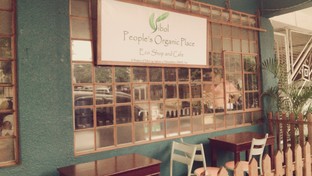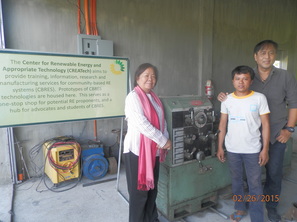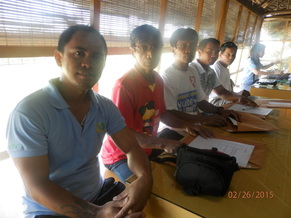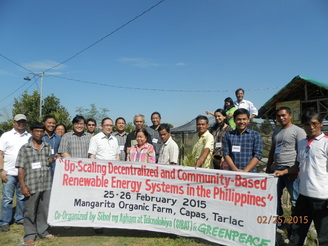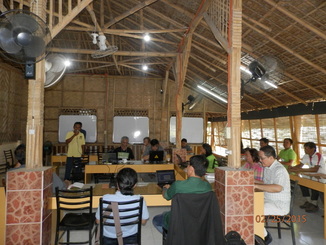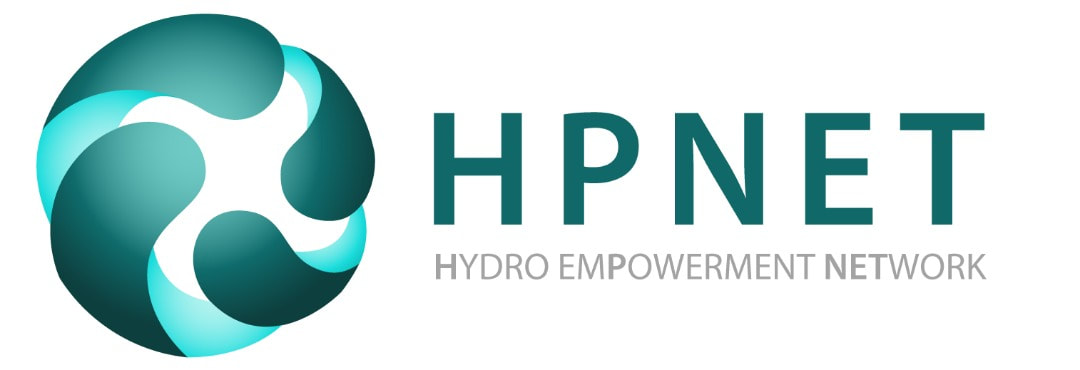Organization Evolution
SIBAT's Filipino name, Sibol Ng Agham At Teknolohiya, translates as a wellspring of science and technology. In 1984, several non-government organizations, including science and technology leaders of the country, synergized to help alleviate the struggles of rural communities with the use of appropriate technology The endeavor established SIBAT as a network to coordinate capacity building for organizations that develop technology for rural areas. Over the next decade SIBAT led the country's movement for sustainable agriculture, in empowering communities to return to organic farming with improved techniques. In 1994, SIBAT began capacity building work on rural energy and water solutions.
With a relatively small staff (~25 persons), SIBAT's achievements have been impressive:
|
- It achievements in community-based renewable energy systems (CBRES) in micro hydropower include the installation of 30 projects in 5 regions of the Philippines, ranging from 2 - 30kW of output. A total of ~450 kW of micro hydropower is being generated for ~2400 households. SIBAT also implements community-based solar PV and wind projects. In addition, SIBAT facilitates access-to-water projects involving hydraulic ram pumps, gravity flow, and solar PV.
- Building upon its CBRES experience, SIBAT has established CREATech, a center to support CBRES initiatives on the ground through training, research, and local fabrication. The research and innovation helps to develop optimal technical processes and services for CBRES. Fabrication is aimed at building local capacities to develop renewable energy technology products. These integrated components have the overarching goal to ensure reliability and sustainability of CBRES.
- At the core of its technology work, SIBAT has nurtured a local network of exceptional community-level change agents, passionately skilled in collaborating on sustainable solutions within their communities.
Challenges
With 30 years of commitment to rural communities, SIBAT's work faces the following challenges and opportunities:
Practice-to-policy
In the late 90’s and onward, SIBAT joined efforts for policy development on sustainable agriculture. It participated in the crafting of the Implementing Rules and Regulations of the Organic Agriculture Law which took effect in 2012. While the law is in place, it lacks mechanisms to strengthen the small-scale, organic farmer. SIBAT faces a similar uphill in reforming the country's renewable energy law, so that small and community-based power producers are part of the national strategy. To scale community-based energy projects, SIBAT seeks to change the current Renewable Energy policy. Towards this goal, it has taken the lead in facilitating partnerships and exchange events among practice, policy, advocacy, and academic stakeholders.
With increasing climate change, devastating typhoons frequent the Philippines, particularly SIBAT's focus regions. While funding for new projects comes easily, support for rehabilitating already commissioned projects is a challenge. SIBAT is working to better document the need for and approach to rehabilitating CBRES projects, by reaching out to appropriate donors and finding ways to work within each community's financial strengths.
Want to be Involved?
Over the years, SIBAT has nurtured many visiting volunteers to firsthand learn from rural communities and make meaningful contributions. SIBAT continues to accept volunteers. Details can be found here.
By HPNET members Victoria Lopez, Shen Maglinte, and Dipti Vaghela
